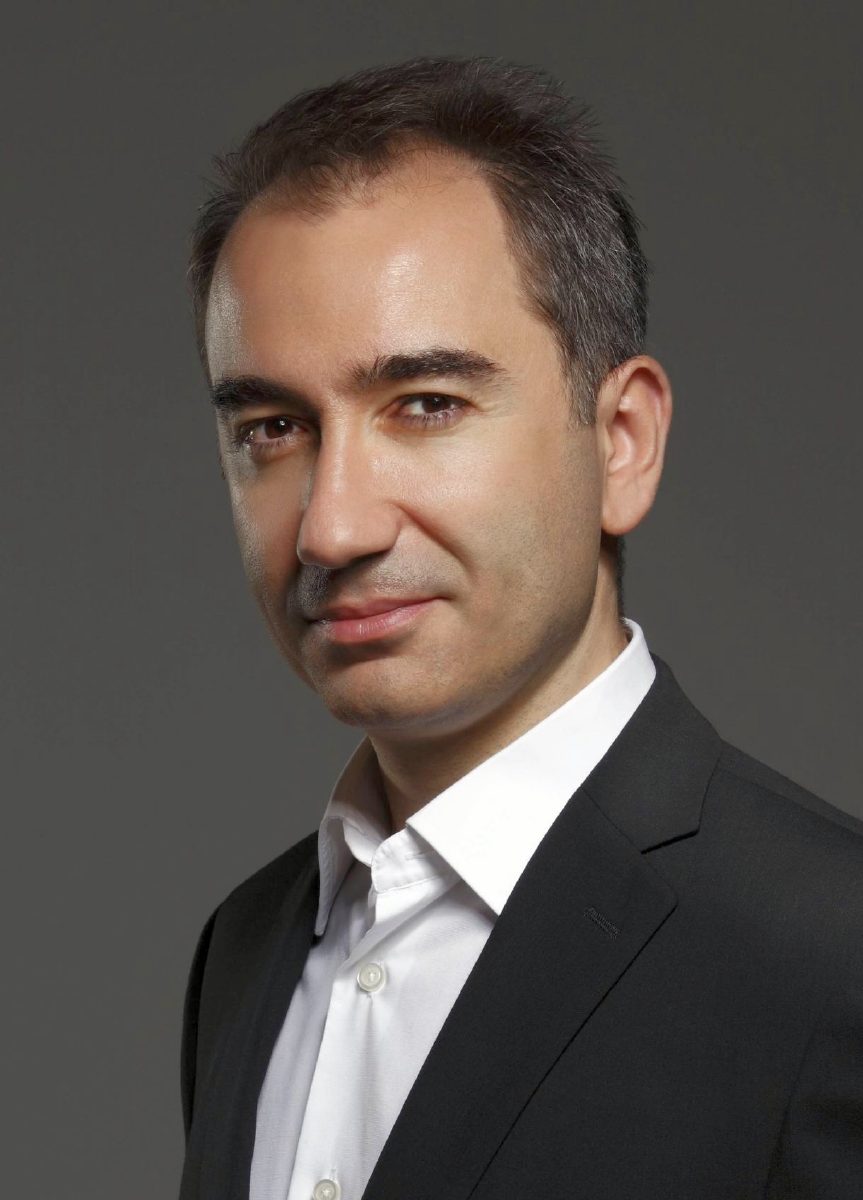
At the magnificent St Peter’s Square in Rome recently, Pope Francis welcomed a group of unusual guests: members of Nahdlatul Ulema (NU) from the world’s most populous Muslim-majority country, Indonesia.
The head of the delegation, Sheikh Yahya Cholil Staquf, gave the pontiff documents outlining the vision of a “humanitarian Islam” his organisation has been promoting.
The tenets of this vision reject Islamism — the politicised version of Islam that aims to establish the caliphate as a political system, and to make Sharia the law of the land, despite the diversity in modern societies. It also includes a proposal that is quite new and ambitious: that Muslims should stop calling non-Muslims ‘kafirs’. This is necessary, the Indonesian Sheikh Staquf said, so that Muslims can “view others as a fellow human beings, fellow brothers in humanity”.
‘Kafir’ is an Arabic word that comes from the root K-F-R, which means to ‘cover’ something. The implied meaning is that a kafir sees the truth of Islam, but still ‘covers’ it. Moreover, kafirs are seen as the sworn enemies of Islam and Muslims. That is why God will punish them by putting them into eternal hellfire.
What is at stake here is not just social harmony, but also sensible theology.
All these themes can be found in the Quran, but we should not miss that there was a context to these verses. The Quran’s kafirs were mainly polytheists who persecuted early Muslims and came close to assassinating the Prophet (PBUH) as well. While condemning these kafirs the Quran urged Muslims to see nuances between them and other non-Muslims that are not hostile. “God does not forbid you to deal kindly and justly with anyone who has not fought you for your faith or driven you out of your homes,” a verse notes.
Other verses honoured Jews and Christians as fellow monotheists — the “People of the Book” — and even promised salvation for them in the afterlife. The Quran also embraces some religious pluralism, noting, “If God had so willed, He would have made you one community.”
As Muslims built empires, the tolerant verses of the Quran were ignored, kafirs became the common term for all non-Muslims and the rest of humanity was seen as in sheer darkness.
This worldview is still influential in Muslim societies. Aan Anshori, a coordinator of the Islamic Network against Discrimination in Indonesia, and a supporter of NU’s call to disuse the term ‘kafir’, says “we are taught that non-Muslims are different from us and also aim to put Muslims worldwide in misery. Their appearance as upstanding individuals, we are taught, masks their actual desire to conquer Islam and Muslim.”
When non-Muslims are seen in such terrible light, a Muslim who joins them is seen as an unforgivable traitor. That is why such murtads, (apostates) are given the death penalty in classical Islamic law — although it has no basis in the Quran. Meanwhile, terrorist groups like IS or Al Qaeda target fellow Muslims by using these labels.
Such enmity toward kafirs or murtads is a serious obstacle to human rights in Muslim-majority societies. They are also an obstacle to cordial, egalitarian relations between Muslims and others. The problem was noted as early as the mid-19th century by the Ottoman Empire, the seat of the Sunni caliphate. Hence came the famous 1856 Reform Edict, declared by Sultan Abdul Mejid I.
It abolished “every distinction or designation tending to make any class whatever of the subjects of my Empire inferior to another class, on account of their religion, language, or race”
One of the banned terms was ‘gavur’, which is a Turkish equivalent of ‘kafir’.
What is at stake here is not just social harmony, but also sensible theology. Non-Muslims are non-Muslim for the very same reason that most Muslims are Muslim: they are following the tradition of the families and communities into which they were born. To say that God has cursed them for this is to postulate an unjust God. This really would not be the compassionate God of humanity that the Quran introduces.
Indonesia’s NU, whose very name means “the awakening of scholars,” deserves praise for addressing this deep-seated problem in the Muslim tradition. Their notion of a ‘humanitarian Islam’ reminds of ‘Christian humanism’ — the intellectual movement that underpinned the European Renaissance. Its proponents, such as the 14th-century Italian poet Francesco Petrarca, argued that moral virtue could be attained “not only by Christians … but rather by all humans and all nations.” A very novel idea then, it allowed the rise of free and pluralist societies of the West.
When that humanist idea is challenged at the expense of Muslims, we Muslims rightly complain about ‘Islamophobia.’ But we should also challenge the non-Muslimophobia in our ranks. The NU deserves praise for addressing this deep-seated problem in the Muslim tradition.
Mustafa Akyol is a senior fellow at the Cato Institute, a contributing opinion writer, and the author, most recently, of “The Islamic Jesus.” This article appeared in DAWN on Nov. 4. Send comments to [email protected].
